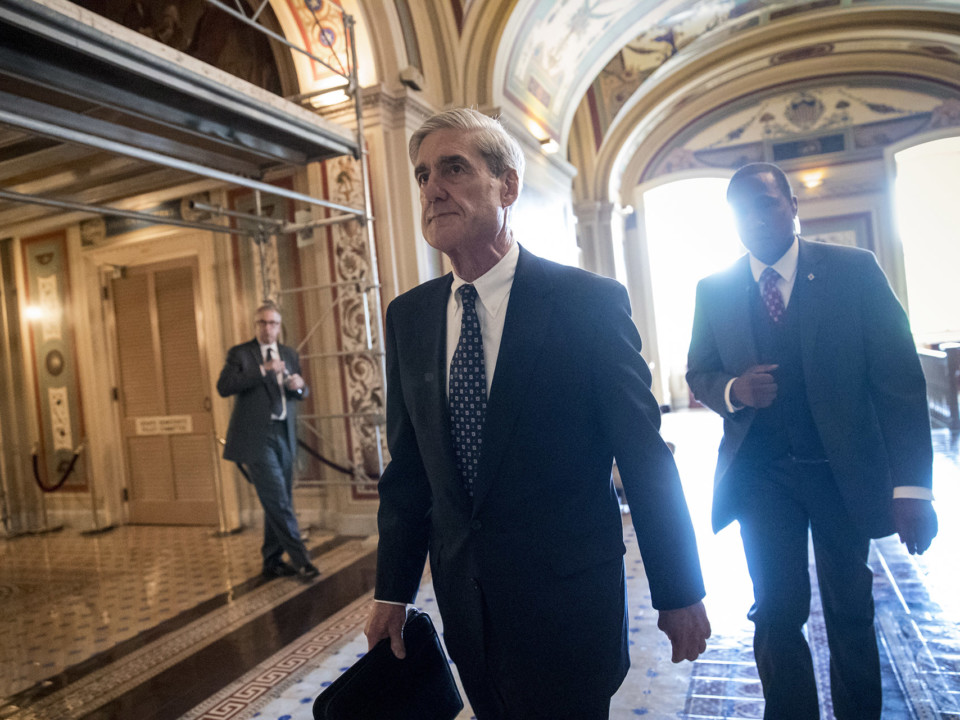The presidency of Donald Trump has remained under the cloud of the Russia investigation for nearly two years.
Donald Trump’s presidency has been overshadowed by two crucial questions: Did he and his campaign team collude with Russia to swing the election in his favor? And did Trump try to obstruct justice?
At FBI headquarters, special counsel Robert Mueller is in charge of finding out.
CGTN’s Owen Fairclough charts the course of the controversy, which began months before Trump became U.S. president.
His inquiry goes all the way back to what happened in another famous building — Trump Tower in June 2016.
A Kremlin-linked Russian lawyer had offered Trump’s campaign team potentially-damaging material on rival candidate Hillary Clinton to help Trump beat her.
Trump’s eldest son insists the lawyer “no meaningful information.”
The following month, July 2016, the FBI launches a counter-intelligence operation looking at possible collusion. The bureau already knows Russian hackers are trying to interfere with the election.
Trump wins the presidency in November 2016. But from the outset his White House is besieged by questions over his links to Russia.
National Security Adviser Michael Flynn resigns for misleading the Administration over talks with the then Russian ambassador to the U.S.
Then Attorney General Jeff Sessions recuses himself from investigations into collusion because he failed to disclose that he’d met twice with the same Russian Ambassador.
In May 2017, Trump fires FBI Director James Comey, having repeatedly asked him to drop an inquiry into Flynn’s Russia contacts.
Robert Mueller is appointed special counsel to look into collusion as well as potential obstruction of justice by Trump and his campaign team.
Trump has repeatedly called Mueller’s inquiry a “witch hunt” even while standing next to Russian President Vladimir Putin at their Helsinki summit in July 2018.
After a barrage of criticism from Trump for not protecting him from Mueller, Attorney General Jeff Sessions resigned at Trump’s request-raising questions about the future of this FBI inquiry.
Session’s permanent replacement, William Barr, says he’ll make as much of Mueller report available to the public as possible.
Lester Munson on possible conclusion in the Russia investigation
CGTN’s Elaine Reyes spoke with Lester Munson, Principal with the governmental affairs group, BGR, on what is likely to happen now that the U.S. Russia investigation has concluded.
 CGTN America
CGTN America

